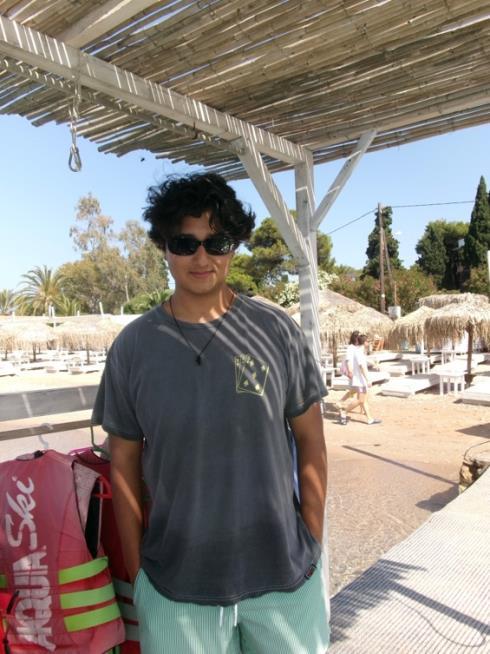In today’s interconnected world, understanding cultural differences is essential for effective communication and collaboration across borders. Hofstede’s cultural dimensions provide a framework for analyzing and comparing cultures. In this blog post, we embark on a cross-cultural journey, comparing Greece and the United States through the lens of Hofstede’s six dimensions, which include power distance, Individualism, Masculinity, uncertainty avoidance, long-term orientation, and indulgence. Let us delve into the unique characteristics of these two nations and explore how they differ in their cultural values, as well as my personal observations and experiences on these topics, while studying abroad, specifically the dimensions of individualism and masculinity.
Individualism:
Greece’s collectivist orientation emphasizes strong Family ties and a sense of community. Decision-making often involves consultation with family members and considering the impact on the broader community. This collectivist mindset promotes harmony and cooperation within Greek society. In the United States, individualism prevails, fostering a sense of personal freedom, self-expression, and individual achievement. This can result in a greater focus on personal goals and a more competitive society.
It is quite interesting to see how much different life is in Greece compared to the United States after using this country comparison tool. It really opens my eyes to see how career and individually focused the U.S. is, and the way these ideals and way of living reflect on these six dimensions. Something surprising coming to Greece, aside from “Greek-time,” was the “siesta”. It is a period of the day, between 2-5pm, which is time used to sleep, use as leisure, mid-day meals, or other activities, something that would just simply never happen in the U.S.
Masculinity:
Both Greece and the United States exhibit a relatively high degree of masculinity, emphasizing success, ambition, and assertiveness. However, Greece’s culture also places significant value on nurturing and family bonds, leading to a somewhat more balanced combination of masculine traits. In the United States, the emphasis on material success and individual achievement may result in a more assertive and competitive society.
In my experience, while walking around town, I noticed most of these restaurants, shops and even hotels, are a majority, family owned, or as we know it better, mom-and-pops. For example, a few friends and I were getting ice cream at this parlor and noticed these older, black- and-white photos on the wall. The man behind the counter noticed us observing these photos, and began to tell us that was his family, and how the business has been passed down from generation-to-generation. While the masculinity numbers are very similar between these two countries, they are on different spectrums. Simply, Greek masculinity includes family, while U.S. masculinity focuses on the individual.
Having the opportunity to study abroad and see these differences first-hand, has been an experience I will never forget. Having these personal experiences and observations has allowed me to fully immerse in a different culture and witness how cultural values manifest in daily life. Understanding these cultural differences in individualism and masculinity, and even siestas, allows for just an overall stronger relationship between countries around the world.
This post first appeared on Community Based Learning With Ellen Ensher's, please read the originial post: here

